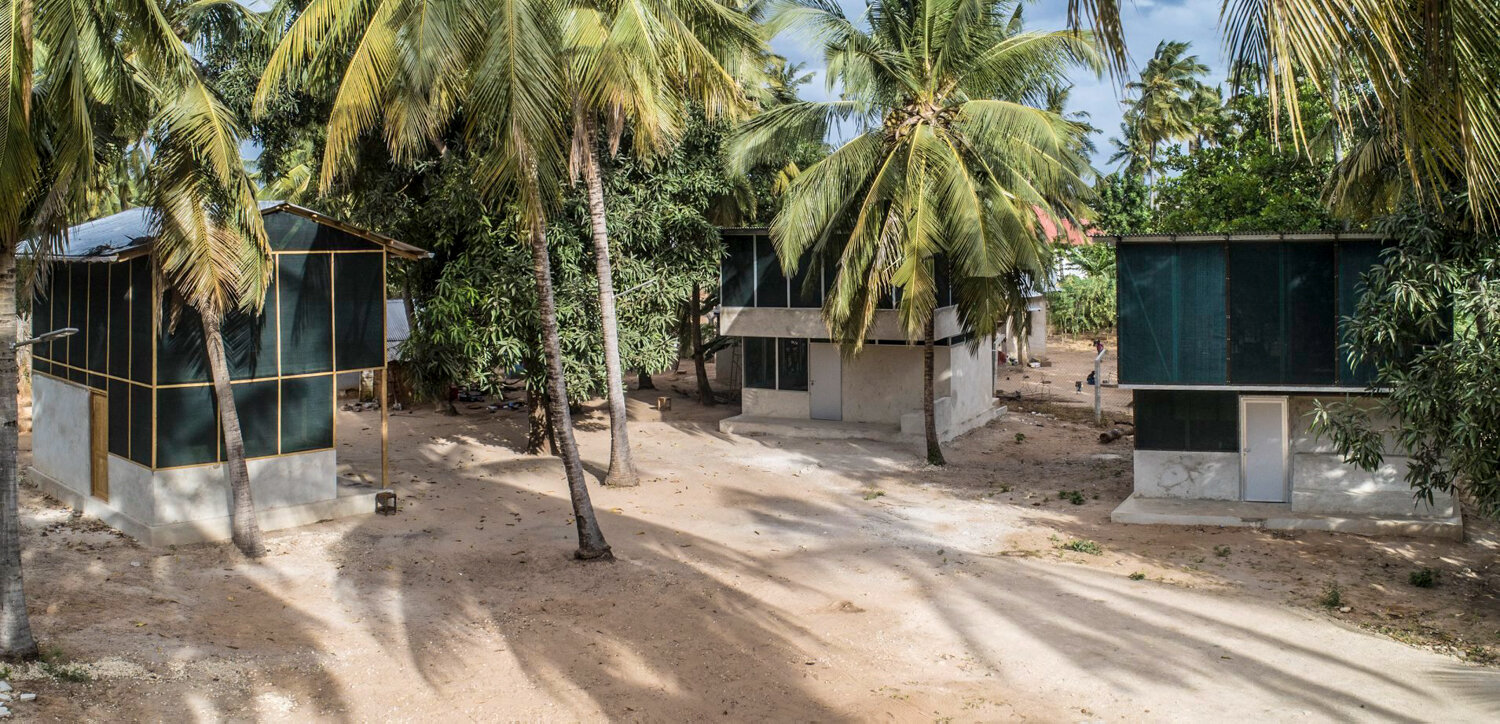
STAR HOMES: Addressing housing challenges through community engagement

As Africa faces the imminent problem of housing its increasing population, understanding and navigating through community perceptions on the issue is vital for the success of future housing initiatives; highlights a new study by a team of scientists from Africa, Europe and Asia.
The study, whose results were published on the PLOS Global Public Health journal on November 22, 2023, says successful housing initiatives require long-term, proactive community engagement, that focuses on building relationships and providing information through recognizable voices and formats that promote acceptance in communities.
“Star Homes” built to prevent diseases
The study centered on the evaluation of 110 novel design homes dubbed "Star Homes" constructed across 60 villages in the Mtwara Region of southeastern Tanzania. These homes were built to prevent diseases such as malaria whereby a trial assessing their protective capabilities was done.
However, after the completion of the Star Homes construction in 2021 and the handing over of houses to the community, the research team faced unexpected challenges.
One major challenge faced by the research team included resistance from some of the homeowners selected to occupy the homes. Additionally, they also faced accusations of having evil intentions which the scientists sought to investigate their impacts on home occupancy and lessons for future housing studies.
Resistance and accusations
Upon handing over the Star Homes to local communities, some selected homeowners resisted occupancy, accusing the research team of having malicious intentions.
In particular, the study revealed that these accusations were often linked to the term 'Freemasons' within the communities, a term associated with secrecy and conspiracy theories in rural Tanzania.
“These connections were attributed to other community members and explained in terms of a knowledge deficit or envy, with others hoping to be allocated the home. The stories were embedded in assumptions of reciprocity and suspicions about study motives, linked to limited experience of research,” wrote the scientists.
Impact on occupancy
The researchers noted a complex relationship between accusations of 'Freemasonry' and the reluctance to occupy the new houses whereby the project staff as well as relatives played a role in these decisions.
“The relationship between the accusations of freemasonry and reticence to occupy the houses was not straightforward, with project staff or relatives playing a role in decisions. The stakes were high because the recipients of Star Homes were the poorest families in targeted communities.”
While the stories were deeply rooted in assumptions of exchange and suspicions about the motives behind the housing study, the scientists were keen to highlight that they could also be a result of limited experience with research activities in the region.
Conclusion and lessons for the future
The study's findings underscore the critical need for “long-term and proactive community engagement” in housing initiatives with scientists emphasizing the importance of understanding and navigating the intricacies of community perceptions for the success of future housing initiatives.
“The results indicate the need for long-term and proactive community engagement, which focuses on building relationships and providing information through recognizable voices and formats. Given the stakes at play in housing interventions, research teams should be prepared for the social upheaval the provision of free new housing can cause.”
Contributors
The study was conducted by a multidisciplinary research team led by Judith Meta from Independent Consultant and Social Scientist, Tanzania, and Christopher Pell from Amsterdam Institute for Global Health and Development (AIGHD), the Netherlands.
Other contributors include Salum Mshamu and Salma Halifa from CSK Research Solutions, Tanzania, Arnold Mmbando from Ifakara Health Institute, Hannah Sloan Wood, Otis Sloan Wood, Thomas Chevalier Bøjstrup and Jakob Knudsen from Royal Danish Academy, Architecture, Design, Conservation, in Denmark.
Nicholas P J Day and Lorenz von Seidlein from the University of Oxford, Steven Lindsay from Durham University and Jacqueline Deen from the University of the Philippines also worked on the study.
Read the full publication here
